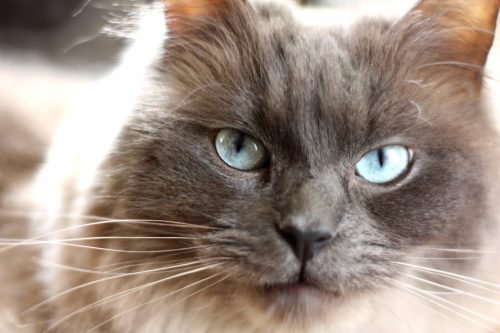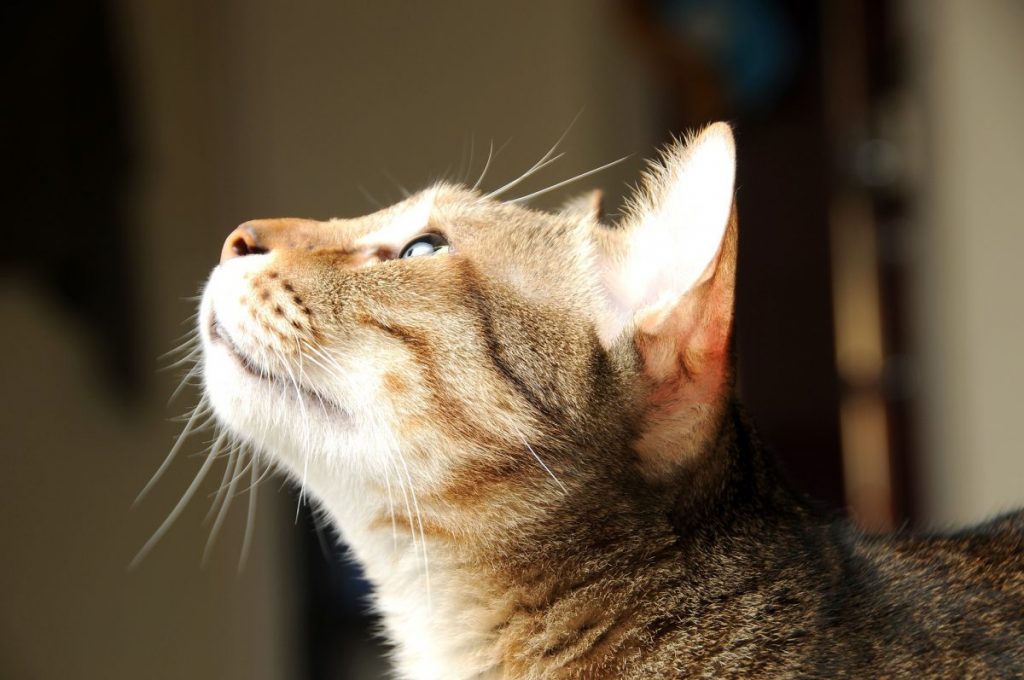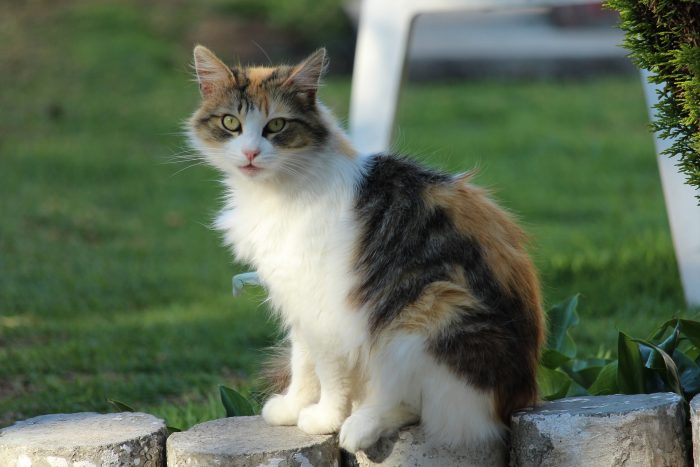Cats are funny. You never know how your cat is going to react to certain things. Moving to a new house might result in him sitting in the bathroom sink in protest for a week and shooting angry glances at you as if you just took away his catnip stash.
Adding a new dog to the family could result in your cat cuddling with his new friend or slapping him in the face every chance he gets. With cats, you just never know. That’s why it can be difficult to know when your cat is having a seizure.
What is a Seizure?
Seizures are caused by abnormal electric activity in the brain, which send signals to the cat’s body, resulting in odd behavior like convulsing, involuntary urination and defecation, and complete loss of control over the body.
Are Seizures Common in Cats?
Not really. Seizures in cats do happen, but they are not as common as seizures in dogs. Most dogs who have seizures suffer from Idiopathic Epilepsy, which is genetically passed down through generations.
Idiopathic Epilepsy is not nearly as common in cats. In fact, only one in four seizures in cats are caused by the condition. When cats have seizures, they are generally caused by other issues, including minor brain damage that the cat has recovered from and shows no other symptoms.

Causes of Seizures in Cats
Idiopathic Epilepsy: While it is not the main cause of most seizures in cats, Idiopathic Epilepsy does affect a small number of felines. If you cat does suffer from epilepsy, it will generally reveal itself before four years of age.
Stroke: Hemorrhaging in the brain can disorganize the brain’s settings, and lead to seizures.
Head Trauma: If your cat has suffered from severe head trauma, his brain may be affected in one or more “focus” areas, which can result in focal seizures that affect only one side of the body.
Infections: Infections in the brain, sometimes caused by fungus, can trigger seizures.
Peritonitis: Feline infectious peritonitis is a brain disease that causes lesions on the brain. As these lesions grow, they can spur seizures.
Hypertension: High blood pressure in cats, normally brought on by kidney disease, can lead to seizures.
Toxins and Medications: Cats are curious. And if they get into household toxins like cleaners or anti-freeze, the damage to their brain can result in seizures. Some medications – like flea and tick meds for dogs – can be too hard on a cat’s brain and lead to seizures as well.
How to Tell If Your Cat Is Having a Seizure
When your cat is having a seizure, you will undoubtedly know that something is wrong, but you may not realize that it is a seizure. The moments before your cat has a seizure is called the aura phase. During this time, your cat will exhibit strange behavior, like pacing around restlessly, yowling in anxiety, and even vomiting. Your cat may hide, or seek attention from you. These behaviors do not always mean a seizure is coming, but make sure to keep a close eye on your cat when they occur.
After the aura phase, your cat will enter this “ictal,” or seizure phase. Your cat will normally fall on his side, and begin to convulse. His limbs will stiffen, shake, and paddle aimlessly. He may even chomp and foam at the mouth, as well as urinate and defecate.
When your cat is in the seizure stage, he has no control over its body, nor does he realize what is happening or feel any pain. While the seizure may look painful and scary, it is important to stay calm and let it run its course. Seizure symptoms in cats generally last between 30 and 90 seconds.
What to Do After Your Cat Has a Seizure
The period immediately following seizure is called the “post-ictal” phase. During this time, your cat will be confused and scared. He may even have temporary paralysis in one or more of his legs. Temporary blindness is possible as well, but these issues are usually short lived.
Your cat should recover from the major issues within a few minutes – though it can take up to a day or more before he returns to his fully-normal self. The best thing you can do for your cat after a seizure is to make sure he is comfortable, and seek veterinary help to determine the cause of, and treatment for, your cat’s seizures.





